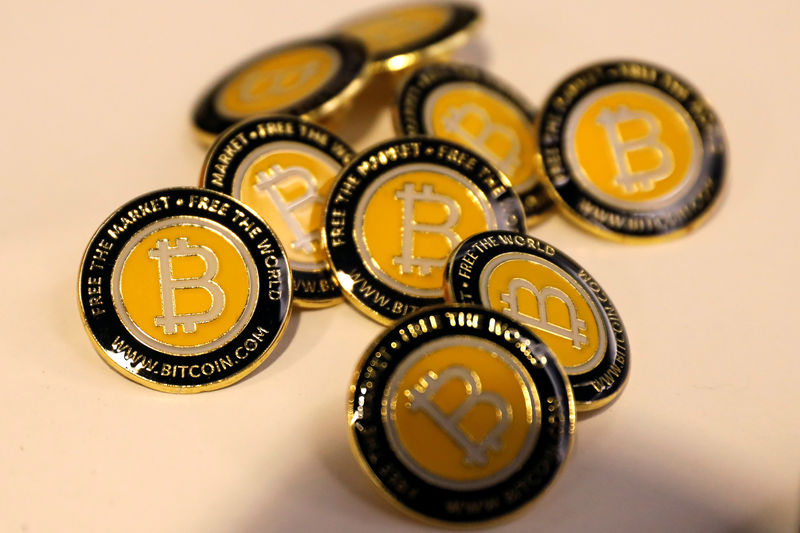By Gertrude Chavez-Dreyfuss
NEW YORK (Reuters) - Coinsource, a Texas-based bitcoin ATM operator, will make the Dai stablecoin available on its machines this summer, in preparation for the launch of a full remittance service, a company official told Reuters.
MakerDao, a decentralized organization, issues Dai, which is a collateral-backed cryptocurrency that has a one-to-one soft peg to the U.S. dollar.
Stablecoins like Dai are designed to overcome the wild price swings that have made bitcoin and other cryptocurrencies impractical both for commerce and payments as well as a store of value. Most are backed on a one-to-one basis by mainstream assets like the U.S. dollar, while others are collateralized by baskets of cryptocurrencies.
Crytocurrencies are back in the limelight amid a searing price rally this year, led by bitcoin, which has soared more than 200% so far in 2019.
As part of its launch, Coinsource, which runs more than 230 ATM machines in 29 U.S. states and the District of Columbia, will be updating all of its machines to allow customers to buy, sell, and store Dai stablecoins, with the eventual goal of becoming a remittance service provider.
"In remittances, people want to save as much value and they don't want to be subjected to high volatility that you're seeing in bitcoin and other cryptocurrencies that can be very speculative," said Travis Gough, chief product officer at Coinsource.
Under the remittance service rollout slated for sometime this year, Coinsource will allow its machines and Dai to seamlessly send cash from wallet to wallet. Users will be able to inject funds into a wallet and send that to recipient parties upon fulfilling the necessary "know your customer" screening requirements. Recipients will then be able to instantly redeem their transaction at any Coinsource machine or supported location.
For now, the remittance service will be available to U.S. customers only.
In a statement, Coinsource Chief Executive Officer Sheffield Clark said while the underlying architecture of cryptocurrency-based remittances are often complex, the company is removing the barrier to entry for the regular consumer.
He added that transactions are automatically stored and verified on the Ethereum blockchain, while senders and recipients don't require any knowledge of token-to-token or token-to-fiat back-end conversions.
